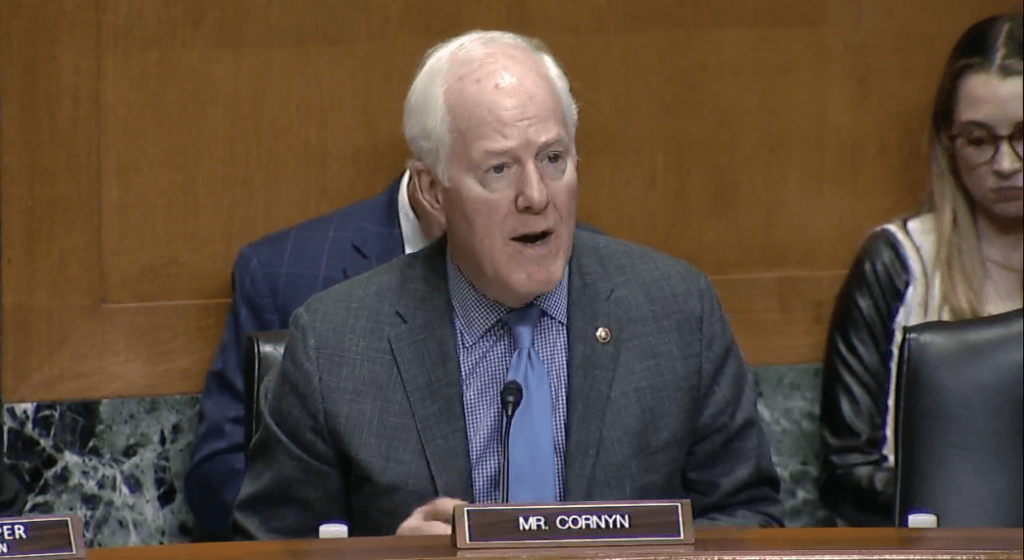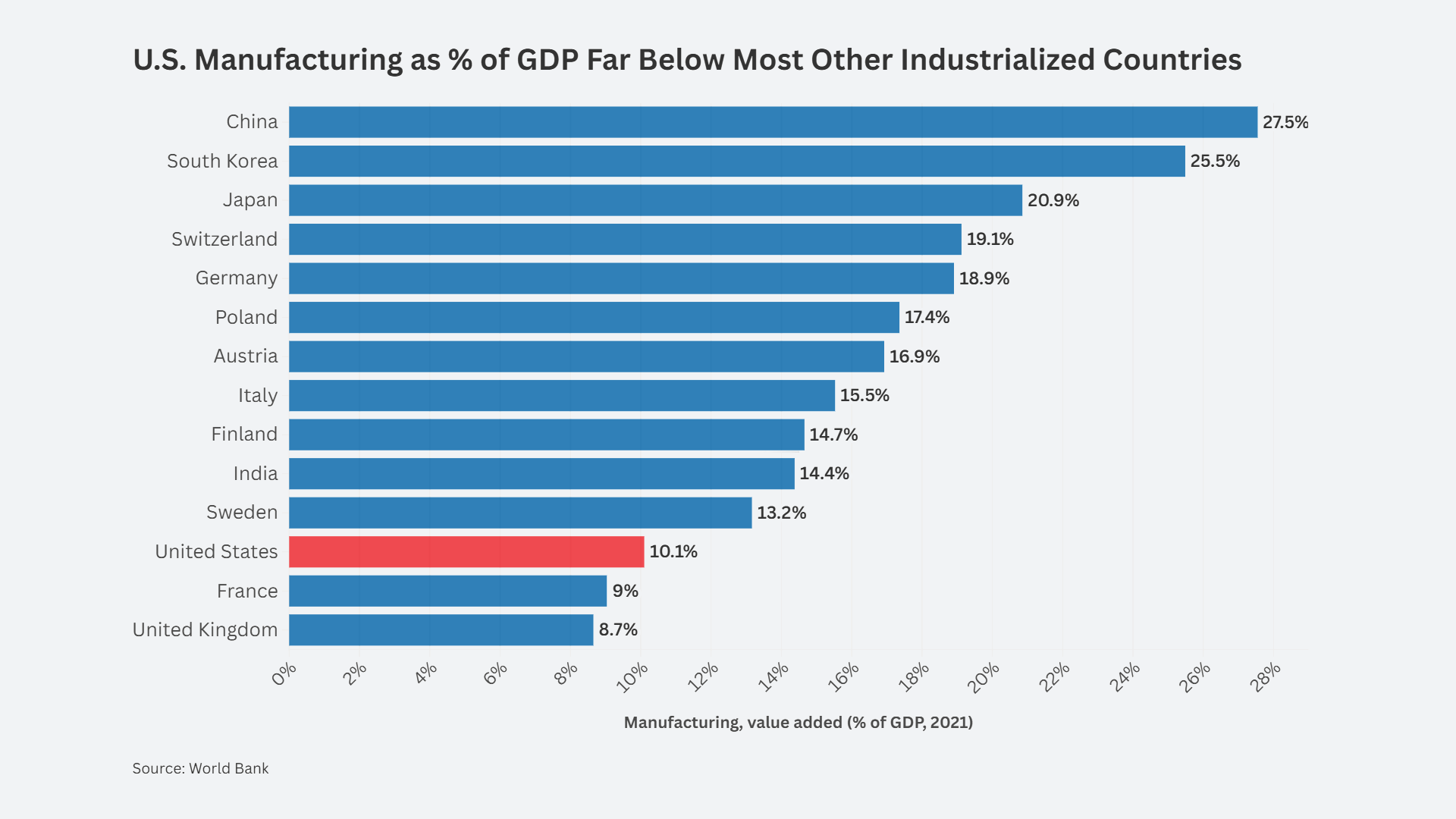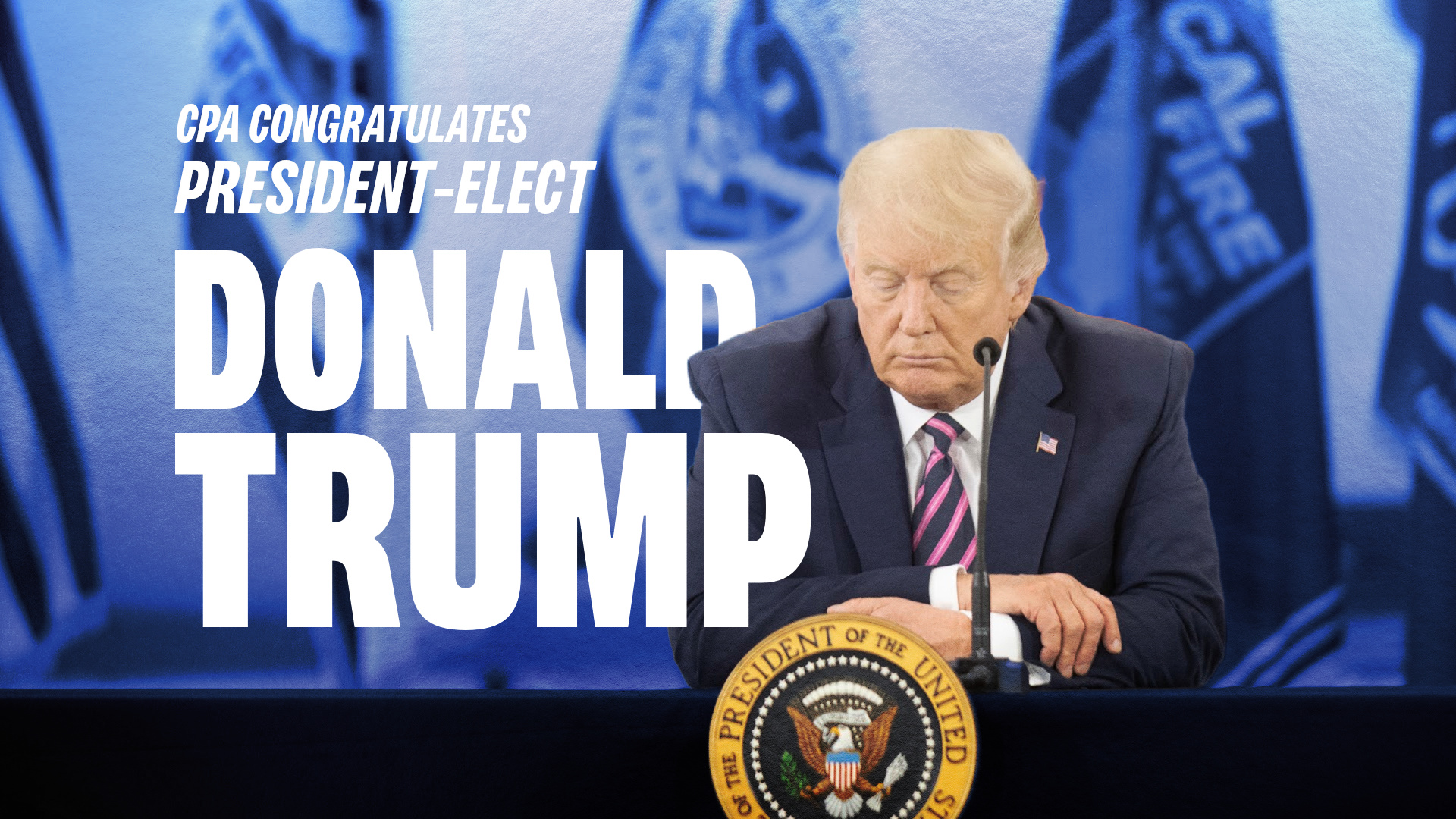Senators Thomas Carper (D-DE) and John Cornyn (R-TX), Chairman and Ranking Member of the Senate Finance Committee’s subcommittee on international trade, said in a hearing last week that the U.S. needed large trade deals to counter China. Their statements come despite decades of evidence that free trade deals have provided little to no benefit to the U.S. economy and American workers. Even the International Trade Commission has admitted this in recent reports on USMCA and the Korean-U.S. free trade agreement.
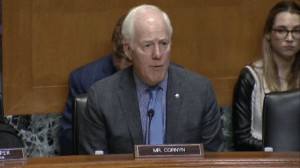 Cornyn advocated for the U.S. to join the Comprehensive and Progressive Agreement for Trans-Pacific Partnership, also known as TPP11, which is an existing trade agreement among Australia, Brunei, Canada, Chile, Japan, Malaysia, Mexico, New Zealand, Peru, Singapore, and Vietnam. It evolved from the Trans-Pacific Partnership that was killed by the Trump administration.
Cornyn advocated for the U.S. to join the Comprehensive and Progressive Agreement for Trans-Pacific Partnership, also known as TPP11, which is an existing trade agreement among Australia, Brunei, Canada, Chile, Japan, Malaysia, Mexico, New Zealand, Peru, Singapore, and Vietnam. It evolved from the Trans-Pacific Partnership that was killed by the Trump administration.
Both Senators stood as an example of the ongoing battle in Washington against corporatist free traders.
“Walking away from the TPP was a mistake and I hope we get back in the game in Asia,” Cornyn said, citing the new Indo-Pacific Economic Framework, which is not a trade agreement in terms of establishing tariffs and quotas between the 14 countries.
Carper interrupted Cornyn to say about leaving TPP, “Yes, it was a self-inflicted wound.”
The Nov. 30 senate hearing, titled “Opportunities and Challenges for Trade Policy in the Digital Economy”, focused mainly on creating a set of rules for cross-border trade of e-commerce and internet technologies. IPEF has digital trade among its top four pillars for discussion among this fledgling group of member states.
Digital trade gets a lot of attention in Congress. It is a mixed bag of e-commerce to data hubs and collection, to issues related to artificial intelligence and national security.
There is no globally agreed definition of digital trade.
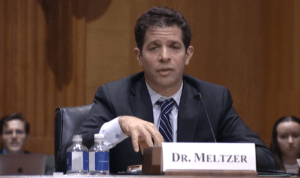 “It is a term increasingly used to describe an ecosystem that is more expansive than e-commerce. It includes cross-border data flows and how data and digital technology, such as cloud computing and AI, enable trade,” said Joshua P. Meltzer, a Senior Fellow at the Brookings Institution and one of the four witnesses. [Download Testimony]
“It is a term increasingly used to describe an ecosystem that is more expansive than e-commerce. It includes cross-border data flows and how data and digital technology, such as cloud computing and AI, enable trade,” said Joshua P. Meltzer, a Senior Fellow at the Brookings Institution and one of the four witnesses. [Download Testimony]
Digital trade commitments can deliver significant economic gains for the U.S. This is the domain of Big Tech.
Recent data from the Organization for Economic Cooperation and Development shows that the U.S. is the world’s largest exporter of digitally deliverable commercial services, over three times larger than its nearest competitor, Germany, and 2.2 times larger than the U.K. Digital trade restrictions exist in IPEF member states like India; restrictions which even “pale in comparison to China’s,” Meltzer said.
China is second only to the U.S. in terms of artificial intelligence capacity and has begun to roll out its own AI governance framework for its companies. This includes regulations on the development and deployment of AI algorithms, as well as increased government control of the Chinese firms leading in AI development. China is also exporting its model for AI regulation to other countries, including IPEF members, and this worries the Senate. Digital trade is now what makes many Senate free traders chomp at the bit when it comes to joining hands in large, multi-nation trade arrangements.
Patrick Woodall, Policy & Research Director for the AFL-CIO Technology Institute, was rarely called upon by Senators on Nov. 30, but he was given enough time to issue a warning when it comes to trade deals.
From Woodall:
“Trade deals have led to the loss of millions of manufacturing and service sector jobs upending the economic security of working families and worsening America’s economic and racial inequality.
Patrick Woodall from the AFL-CIO speaking remotely to a Senate Finance Committee panel on international trade and the digital economy held on Nov. 30, 2022.
“The digital trade discussion frequently sounds like it has no grounding in the physical world, which Ranking Member Cornyn referred to. It’s Internet-enabled commerce, and big data, and cloud computing. And it’s all of those things, but it affects real workers in the physical world because cross-border digital commerce is offshoring tens of thousands of U.S. jobs. You have call centers and back-office jobs all increasingly offshoring office work. Some of which has fueled a digital underclass of gig workers in the developing world that work behind artificial intelligent systems. These workers tag images and code information for low pay in IPEF nations like India and the Philippines, which have notoriously poor working conditions and weak labor laws.
“Current digital trade deals grant broad unfettered powers to big companies to shift data and deploy software worldwide. …The technology industry appears to view that any oversight, including efforts to safeguard digital privacy, are illegitimate trade barriers. Or that digital trade provisions should read like the 10 high-tech commandments — thou shall not limit cross-border data flows, thou shall not require any data to be maintained domestically, thou shall not look at the source codes that powers software that affect workers and consumers.
“Congress and the public should decide the rules of the road for technology. It can’t be left up to big tech companies and international trade tribunals,” Woodall said.
Government Study Shows Free Trade Deals Produced Little Benefit, Except for Multinationals



